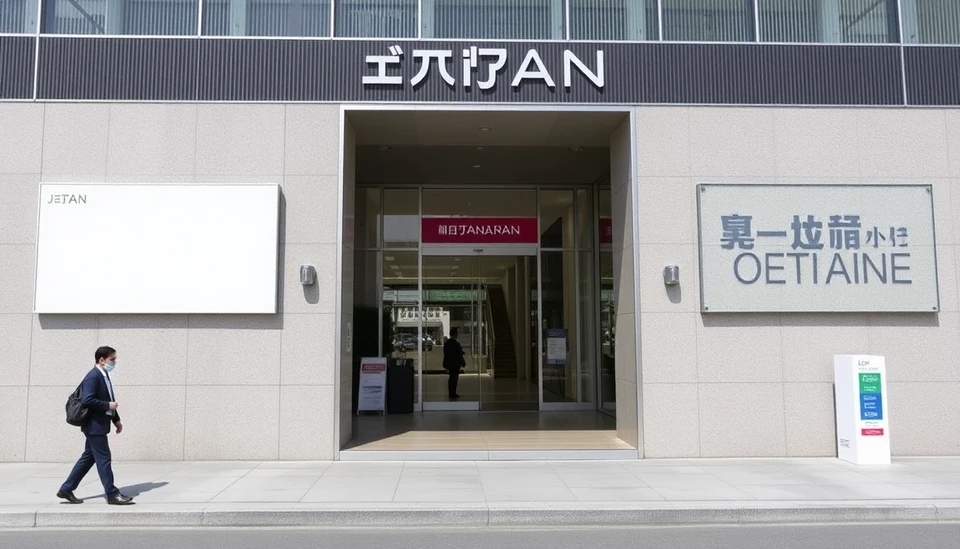
In a significant turn of events, Japan's largest financial institutions are set to experience a surge in profits thanks to the recent interest rate hike announced by the Bank of Japan (BoJ). This pivotal move marks a crucial shift in Japan's monetary policy, with profound implications for the banking sector and investors alike. The adjustment is intended to combat persistent inflation and stimulate economic growth. Observers are keenly anticipating how this will influence upcoming earnings releases from these banks.
The BoJ’s decision to raise its benchmark interest rate has created a favorable environment for banks to improve their net interest margins. This will allow financial giants like Mitsubishi UFJ Financial Group and Sumitomo Mitsui Trust Holdings to capitalize on higher borrowing costs. As they adapt to the new interest landscape, analysts predict an overall uptick in revenue for these institutions. The challenge will be to manage potential risks associated with this changing economic climate.
As we look ahead to the earnings reports scheduled for the upcoming week, market analysts are prepared for an impressive performance from these banks. With robust expectations, Mitsubishi UFJ is expected to post a solid quarterly gain, further bolstered by its strategic investments and diverse portfolio. Sumitomo Mitsui Trust is also anticipated to showcase strong numbers, reflecting the impact of the interest hike on its lending operations.
However, it is not just the domestic banks reaping benefits from this policy change. Financial institutions across Asia are also gearing up for this week’s earnings reports, amid an overall optimistic economic outlook in the region. The ripple effects of Japan's monetary policy changes could potentially enhance the performance of banks in neighboring countries as they adapt to shifting interest rates and volatility in the market.
In light of these developments, stakeholders and investors are eagerly assessing global market reactions and positioning themselves strategically ahead of the earnings announcements. As the financial week unfolds, attention will also turn to how these banks are responding to external pressures such as geopolitical tensions and economic shifts that may affect future profitability.
The upcoming earnings reports are seen as a crucial indicator of the financial health of not just Japanese banks, but the broader Asian banking sector, indicating potential trends and movements. As we brace for these important announcements, it will be essential to analyze the results thoroughly to understand the future landscape of banking in Asia.
With various influencing factors at play, including changing regulations, consumer behavior, and international economic developments, the performance of these banks will be under keen scrutiny in the coming weeks. Investors are advised to approach the situation with a strategic mindset, focusing on long-term growth potential in light of rapid market changes.
As anticipation builds for this earnings season, one thing is clear: the effects of the Bank of Japan's policy decisions will resonate well beyond Japan, shaping financial markets across Asia and potentially beyond.
#JapanBanking #BankofJapan #EarningsSeason #InterestRates #FinancialForecast #AsianMarkets
Author: John Harris
